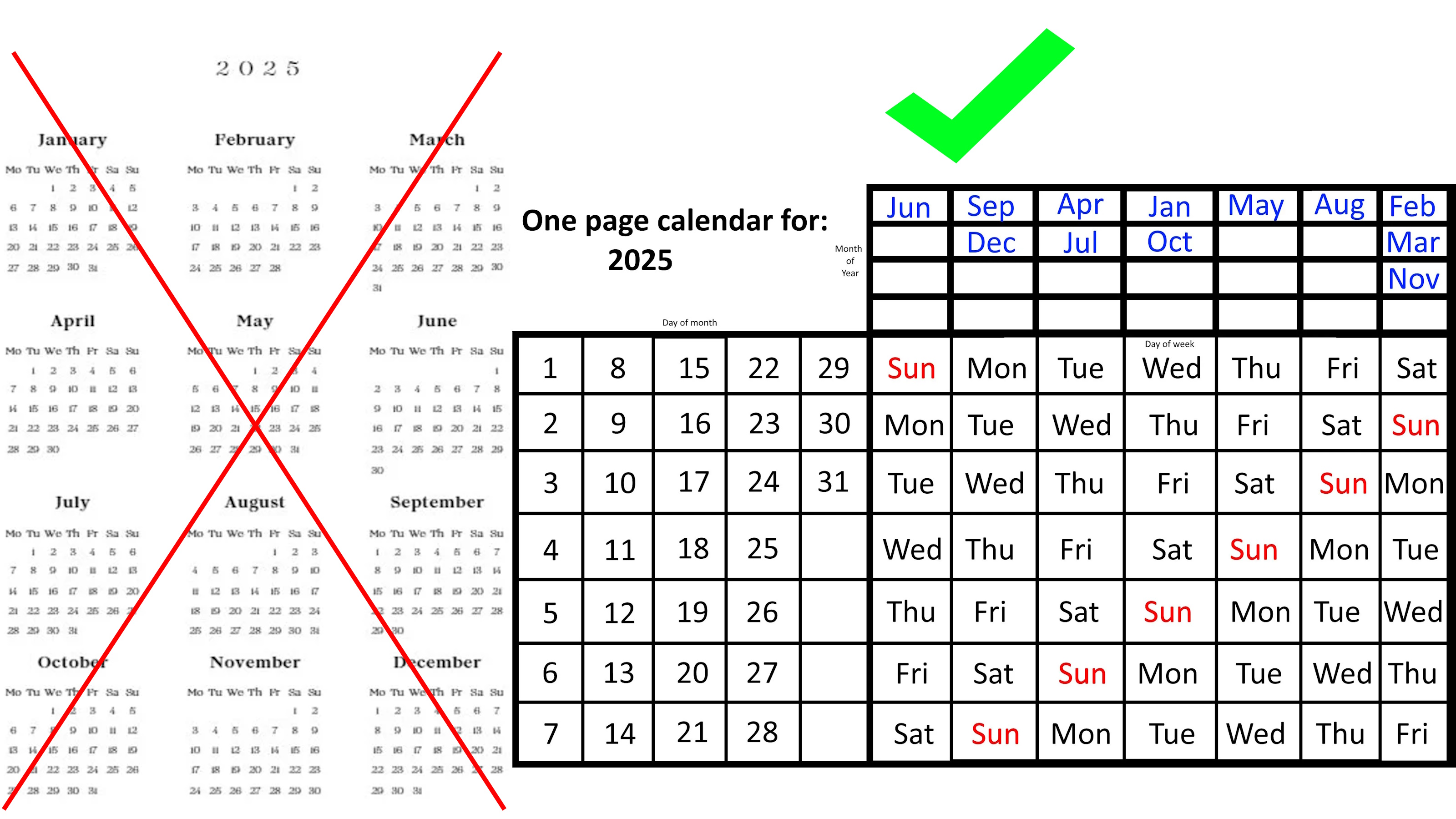Historically, the U.S. has been involved for a very long time.
Question: Should the U.S. be involved in the Arab-Israeli conflict?
Vali Nasr: Well because historically it’s been involved for a very long time. It also is a major supporter of key Arab governments and Israel. It is not as if the United States has no role in the Arab-Israeli issue, and all of a sudden getting involved in mediation is a major step.
The United States provides military support to Israel, financial support to Israel. It also provides military support and financial support to Jordan, Egypt, Palestinian government, to other Arab governments. So the United States is part of the picture.
The only question is, does the United States use its participation to also get the protagonists together? Now there are benefits for the United States, because in terms of the perception in the Muslim world, the Palestinian issue matters. For whatever reason after 60 years, it has become the signature issue in American relations with the Middle East and the Muslim world. It is a corrosive issue.
I don’t think peace with a resolution will change larger issues in the Middle East, such as Iran’s power, such as U.S.’ other interests in the region. But it will have an enormous amount of symbolic value.
Let’s put it this way. Not trying at all was quite detrimental to American image, much more so than trying and failing.
Recorded on: Dec 3, 2007





